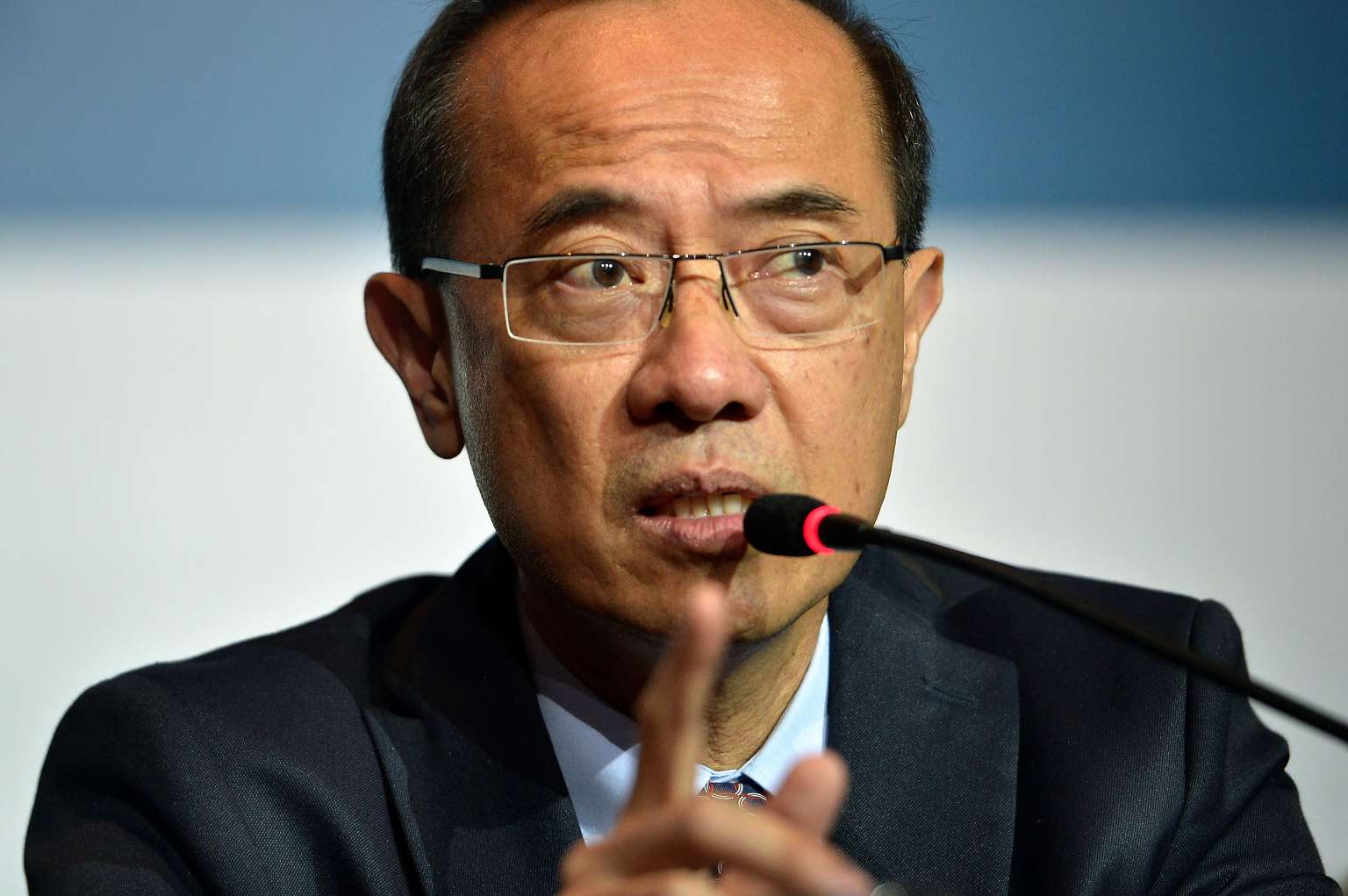Singapore's former foreign minister George Yeo resigns as chancellor of India's Nalanda University
Sign up now: Get insights on Asia's fast-moving developments

Mr George Yeo has resigned as chancellor of the revived Nalanda University.
PHOTO: ST FILE
Follow topic:
NEW DELHI - Singapore's former foreign minister George Yeo has resigned as the chancellor of Nalanda University, a global project to revive an ancient seat of learning, accusing the Indian government of failing to maintain the university's autonomy.
In a statement, Mr Yeo said he had been kept out of the loop on an important decision to reconstitute the governing board, which makes key decisions for the university.
Indian President Pranab Mukherjee, who is the visitor of the federal universities and oversees these institutions, had on Nov 21 dissolved Nalanda's old Governing Board
and created a new one.
and created a new one.
Mr Yeo said the order approved by Mr Mukherjee "came as a complete surprise to me and to most members of the old Governing Board".
"I was neither involved in the preparation nor consulted beforehand," said Mr Yeo, who took over as chancellor on July 18 in 2015, succeeding Nobel laureaute Amartya Sen.
"It is puzzling why I, as Chancellor, was not even given notice of it. When I was invited to take over the responsibility from Amartya Sen last year, I was repeatedly assured that the University would have autonomy. This appears not to be the case now," he said.
He added that "with deep sadness" he has submitted his letter of resignation.
Nalanda University currently has 130 students from 13 countries and 30 faculty members.
Mr Yeo has been involved in the project since its inception. As foreign minister, he led Singapore's diplomatic effort back in 2007 in getting for the project backing from the East Asia Summit, a regional grouping that includes Asean. Singapore funds are also going into building the once famous library of the university.
But the project has been mired in controversies over issues of autonomy and delays over the last few years.
Dr Sen had resigned as chancellor in 2015 and criticised the Indian government for bureaucratic delays and failing to safeguard the international character of the university. The Indian government had wanted greater oversight over finances and other key decisions.
When he took over, Mr Yeo had referred to Nalanda as a "secular, international university" and said "Nalanda is an idea whose time has come and larger than anyone of us".
The ancient university, which was burnt down by marauding invaders in 1193, was India's first residential university, attracting scholars from as far away as China, Persia and Turkey.

